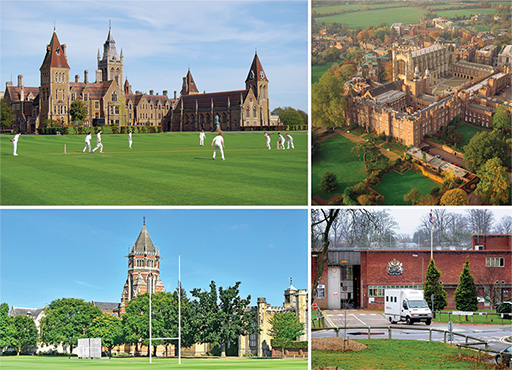6 Whose playground is it anyway? Social class, social power and being young

In this course, some activities will mean that you are exploring how you feel about youth and young people, how they affect you in various personal ways and how these ‘affects’ may shape your perspectives. Recognising ‘affect’ as an important dimension of social life helps to identify the way emotions, desires and feelings operate at the core of the political dynamics that shape our lives (Gatens and Lloyd, 1999).
There are part of what the African philosopher Achille Mbembe refers to as a new ‘politics of viscerality’ (Mbembe, 2016). An appreciation of ‘affect’ forms part of a psychosocial approach to understanding contemporary life. It emphasises how emotions, such as anxiety, play a productive role in personal value systems and help to reproduce certain social realities, such as hierarchies around class, gender and race or, conversely, help to dismantle them by building more egalitarian social horizons.
